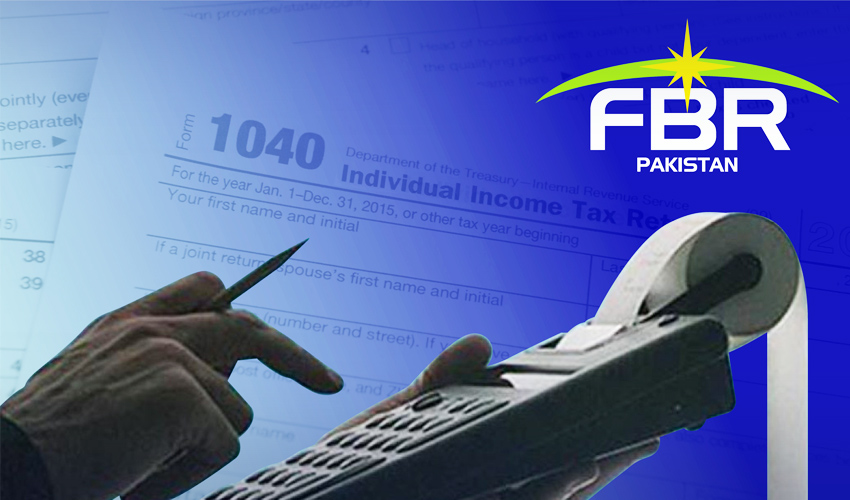The caretaker government on Monday announced a comprehensive plan, targeting an expansion of the tax net and increased filings as the International Monetary Fund (IMF) applies pressure for economic reforms.
How many registered taxpayers are in Pakistan?
Only 10.18 million individuals out of a population exceeding 240 million are registered taxpayers, with a mere 3.3 actively filing returns.
The Federal Board of Revenue (FBR) has devised measures to encourage tax compliance to address this disparity.
Under the new plan, individuals with an annual income of Rs0.6 million or more, ownership of multiple properties, vehicles of 1000 cc or more, and frequent international travel are obligated to file income tax returns.
Disconnection of electricity and gas connections
Failure to comply will result in severe consequences, including the disconnection of electricity and gas connections, as well as the blocking of mobile phone SIM cards.
As per documents, only 3.3 million people submitted their tax returns in 2023.
The government emphasizes that tax evasion is pervasive across all sectors of the economy and insists that non-filers must transition to become filers to avoid punitive measures.
Undocumented economy major contributor
Dr. Abid Qayyum Sulehri, Executive Director of the Sustainable Development Policy Institute (SDPI), identifies the undocumented economy as a major contributor to tax evasion. He stresses the need for transitioning to a documented economy, discouraging large cash transactions until that goal is achieved.
Economic affairs expert Dr. Sajid Amin, citing World Bank data, indicates that tax reforms have the potential to double annual tax revenue from 9415 billion to 18 thousand billion rupees, equivalent to at least three percent of GDP. Dr. Amin emphasizes the importance of a proactive, politically unbiased government working in tandem with the IMF to bring every sector, including agriculture, retail, real estate, construction, and services, into the tax net.
IMF demand: Increase in the tax-to-GDP ratio
The IMF has advocated for an increase in the tax-to-GDP ratio from 10 percent to 15 percent, urging the collection of direct taxes from the affluent. Currently, the poor shoulder a disproportionate tax burden compared to the wealthy, with direct taxes accounting for only 46 percent of total tax revenue.
The government's initiative aims to create a fairer tax system, strengthen the economy, and meet the IMF's recommendations.



























